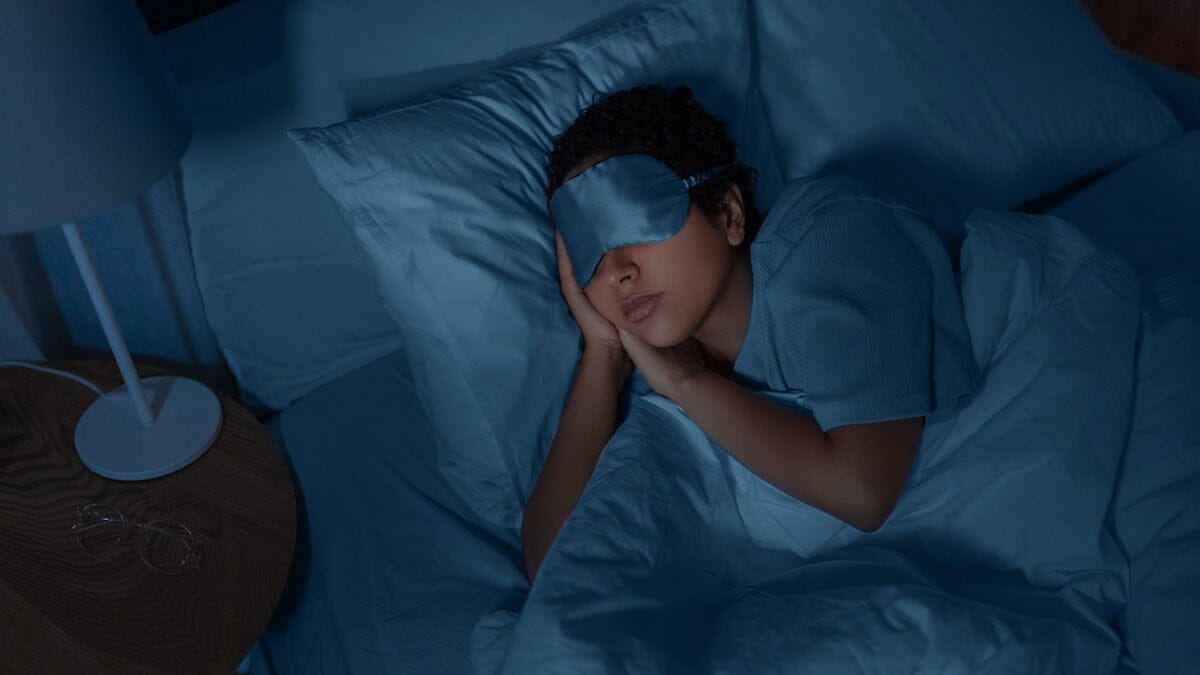Is it Better to Sleep Warm or Cold?

Sleep is sometimes hard to come by when you are too hot or cold. You find yourself tossing and turning, throwing away blankets, or hanging on to them for dear life. The thermostat controls your bedroom temperature and, essentially, the quality of your sleep.
According to a poll by the National Sleep Foundation, cool bedroom temperatures are the most preferred, and with good reason. The ideal temperature for your bedroom for quality sleep is between 60 to 67 degrees Fahrenheit. It is in the human body's nature to experience cool temperatures in the evening. Therefore, regulating your thermostat is significant to stimulate your body for bedtime.
How Your Bedroom Temperature Affects Sleep
The body regulates your sleep-wake cycle through an internal clock system known as the circadian rhythm. This body clock receives cues from sunlight, temperature, and hormones, among other external factors. The circadian rhythm signals for the body to wake at the break of dawn, and daylight begins to increase in intensity. Similarly, the body prepares for rest as the sun sets.
Regarding temperature, the body is always at a constant 98.6 degrees Fahrenheit. At night your body temperature drops by two degrees. The circadian rhythm keeps the temperatures low by diverting blood to your hands and feet. Many people feel hot because of this phenomenon. On the other hand, people with cold hands and feet find it hard to fall asleep at night because the subnormal temperatures in the lower extremities disrupt the sleep process.
The plunge begins about two hours before bedtime and signals the release of the hormone melatonin. Melatonin induces sleep by putting you in a state of quiet wakefulness. Its release continues to increase throughout the night.
Body Temperature and Sleep Stages
Body temperature also enhances the quality of sleep at different stages. The slow-wave sleep, also known as the deep sleep state, gets disrupted when your core body temperature is high. High temperatures interfere with heat distribution to the lower extremities.
Temperature regulation stops during REM sleep, the sleep stage associated with vivid dreaming. You become cautious of the external temperature, causing you to sweat and shiver. Hot temperature decreases this sleeping stage. Sleep disruptions in these two stages interfere with restfulness, body rejuvenation and healing, immunity, and learning memory.
Benefits of a Cold Temperature Bedroom
- Quality night sleep with a longer restorative deep sleep.
- A reduction of certain insomnia types by falling asleep quickly and successfully going through the sleep-wake cycle.
- Enhance your youthfulness with a full melatonin release cycle, which has anti-aging properties.
Tips for Keeping Your Room Cool Throughout the Night
- Keep the thermostat between 60 to 67 degrees Fahrenheit during the night.
- Keep your air conditioning unit on.
- Keep your sleeping garments light and minimal.
- Sleep in a room with optimal ventilation.
- Cool your bedding before going to sleep.
- Keep temperatures from soaring high by investing in a mattress and bedding with a cooling effect.
- Keep one foot out of the covers to encourage core temperature heat distribution to the lower extremities.
- Sleep in the cool sections of your home during the summer.
- Have a fan to circulate air in the room throughout the night.




